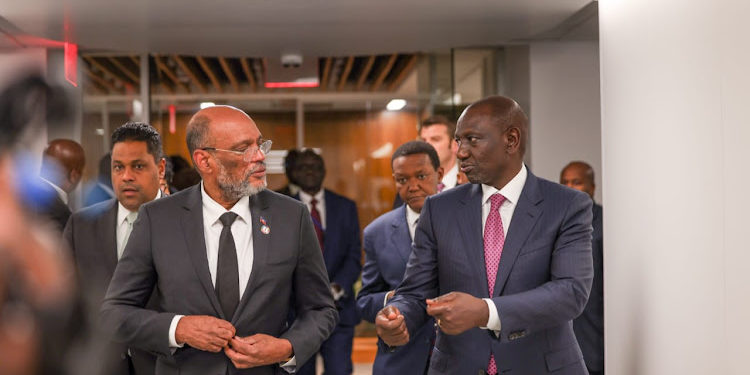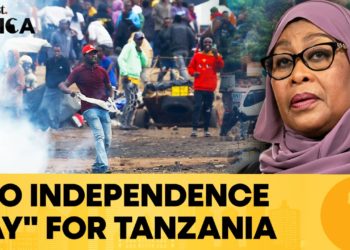Haiti faced a state of turmoil on Thursday, February 29, as a gang launched a coordinated assault on key infrastructures including the main international airport, police stations, and government facilities, resulting in a disruption of normal operations.
The attack coincided with Haiti Prime Minister Ariel Henry’s departure to Kenya to finalize arrangements for the deployment of Kenyan authorities to assist in combating the gang activities.
Led by Jimmy Cherizier, the leader of the G9 Family and Allies gang federation, the assailants targeted police stations, leading to the tragic deaths of four police officers. In a widely circulated video on social media, Cherizier revealed the objective of seizing control over government ministries to purportedly “liberate” the nation, cautioning Prime Minister Henry against returning from Kenya.
Subsequent to the violence, Toussaint Louverture International Airport, along with numerous businesses, government offices, and schools, were shuttered.
The unrest persisted in the capital, Port-au-Prince, as the gang orchestrated coordinated attacks, prompting numerous residents to attempt fleeing the area, gesturing signs of peace while traversing the streets.
Amidst these developments, Prime Minister Henry’s visit to Kenya aimed to navigate through a legal hurdle posed by the High Court’s ruling, which prevented the National Police Service (NPS) from deploying officers abroad due to the absence of a mutual agreement between the two nations.
This prompted calls from the United States government for both countries to reach a consensus.















